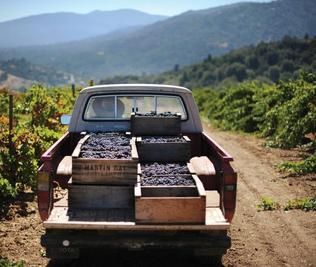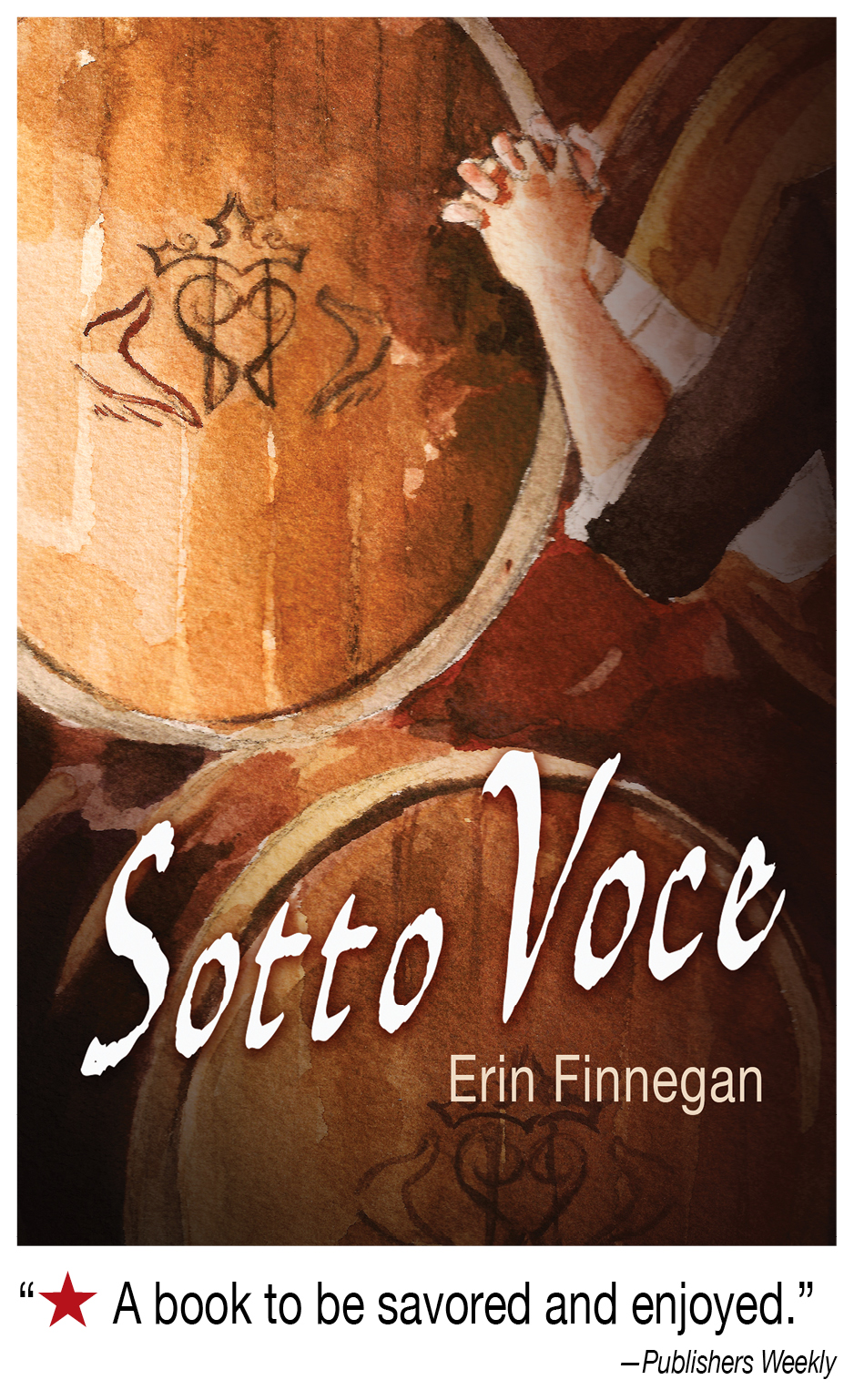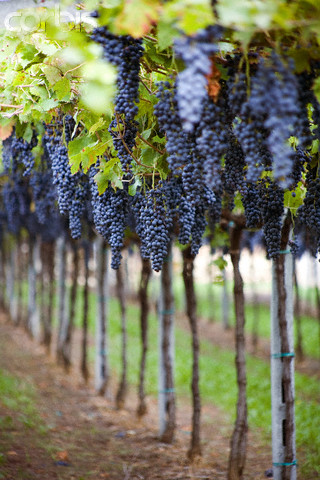From the day I first posted Sotto Voce online, I've been blown away by the support of its readers. And now that it's about to be published, I thought I'd offer up a special giveaway for those of you who have ordered up a copy (thank you!!).
I get a lot of questions about the locations in Sotto Voce—which are real, which are fictional, questions about good wineries to visit and restaurants to sample in Napa and Sonoma. I thought, How about I show you in person?
So, do you want to tour the sites that inspired Sotto Voce? Have drinks at the girl and the fig? Lunch at Mustards Grill? Wine tasting at Chateau Montelena? Or sample the vintages of some small, artisanal winemakers in Sonoma? I KNOW I DO.
I'll be hosting a giveaway for a tour of some of the locations (and wines) that inspired Sotto Voce.
I'll provide transportation for you from SFO, OAK or SMF airports (or nearby hotel) to wine country, where a driver will take us on a tour of the locations featured in or that inspired Sotto Voce. Along the way, we will nosh on some fantastic local food and, as luck would have it, sample some of California's finest.
So, my dear winos, what do you need to do to qualify? Here comes the fine print...
- Yup, you have to be at least 21 years of age to qualify for the grand prize. Liquor laws.
- You will need to show that you have pre-ordered a copy of Sotto Voce at the IP store, Amazon, or other book retailers.
- Transportation to California not included (Sorry, I wish I could...)
Awesome, Girlie! I'm of legal drinking age! I bought the book! I can get myself to Northern Cal. NOW WHAT?
Head your awesome self over to my author tumblr, erinfinnegan, to submit a copy of your receipt. It can be a photo, pdf or the e-copy sent by your book seller. While you're at it, please include the following info:
- tumblr URL (if applicable)
- Name
- DOB (Yes, I will have to verify this if you win the grand prize. I'm a former bartender. With great power comes great responsibility, or something like that.)
I will also have a few wine-inspired prizes to give away as part of the contest.
Winners will be selected by web-based random name selector.
The contest ends on the final day of my virtual book tour: October 31st.
There you have it! Want to drink some wine with me in beautiful Sonoma and Napa? Buy the book, submit your proof of purchase and keep those fingers crossed.
Good luck, and cheers!






















